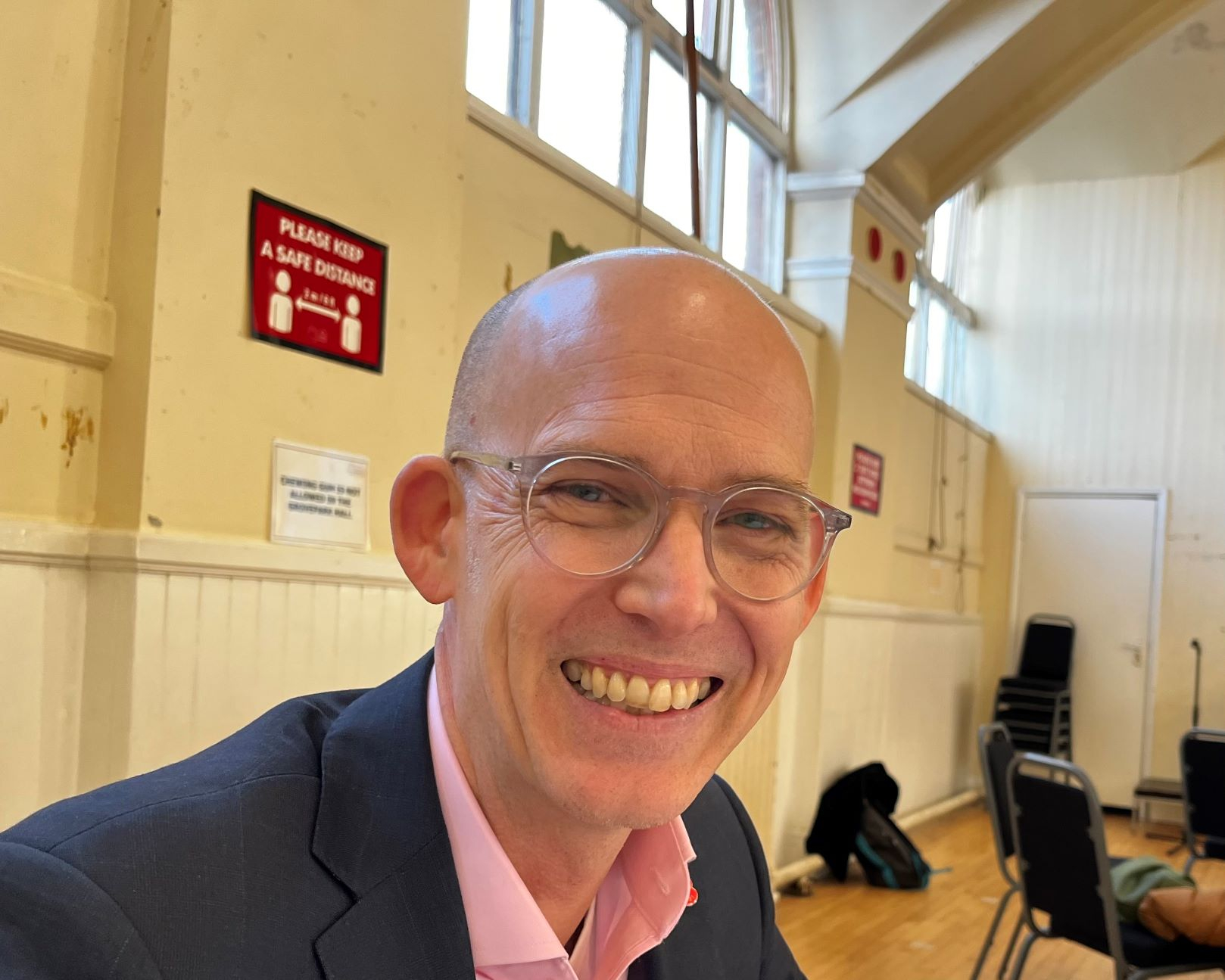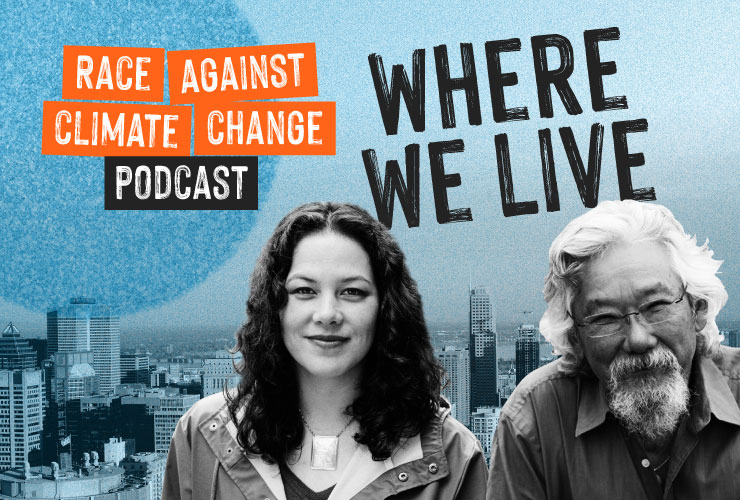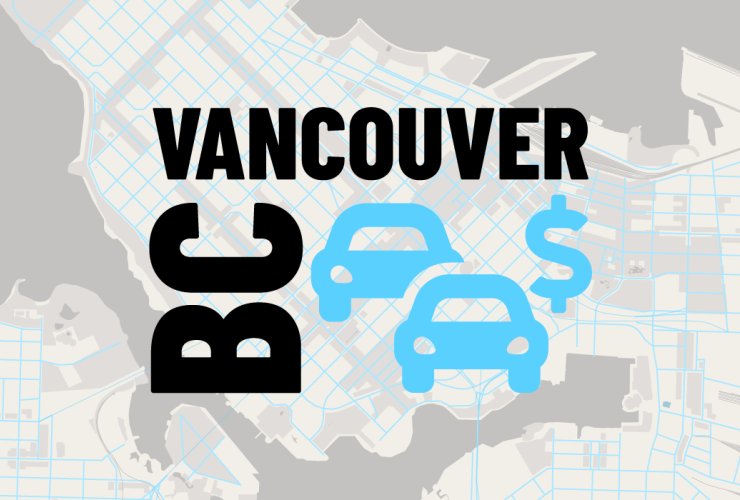In June, Birmingham, U.K., did what few other cities outside London have had the temerity to do and imposed a fee on high-polluting vehicles entering certain city zones.
The Clean Air Zone, designed to reduce levels of dangerous nitrogen dioxide (NO2), was not exactly a hit, admits Stephen Arnold, the man who introduced the measure there. There was definitely blowback, but steps had to be taken to curb air pollution, said Arnold, who took a train from Birmingham to Glasgow on Wednesday morning to speak at a COP26 side panel called Cities Taking Rapid Climate Action Now.
Vehicles are a primary source of NO2 emissions and are linked to serious health impacts, including cancer, asthma, and heart disease. Children and seniors, particularly those in disadvantaged neighbourhoods, were found to suffer the most ill effects, Arnold said.
In Birmingham, a city of about 1.3 million people, air pollution is believed to contribute to 900 deaths every year. “There were locations where we have NO2 levels above the legal limit,” Arnold said.
The first clean air zones were introduced in London primarily for commercial vehicles in 2008. It has expanded ever since and now includes private vehicles.
In October, London Mayor Sadiq Khan announced a massive expansion of the Ultra Low Emission Zone (ULEZ), which now covers a quarter of the city and 3.8 million people. Birmingham was the first city outside London to adopt the anti-pollution measure for private vehicles.
Birmingham city council knew charging drivers eight pounds per day to use some of the busiest and most popular roads would meet with huge opposition. But the city banked on getting the public on board by explaining the health rationale and giving rebates to low-income people who are hardest hit by any new fee, Arnold said.
The measure was similar to a proposed tax on gas-powered vehicles recently considered by Vancouver city council. But the outcome was vastly different.
In Vancouver, a massive public outcry erupted over the tax and a residential street parking fee, causing council to lose its nerve and vote against the proposal.
Birmingham knew if it didn’t sell the fee as part of a solution to a serious health concern, it would be similarly impossible to get public buy-in. So along with a serious marketing campaign, the city threw in some fun perks.
“We gave away 5,000 bikes,” Arnold said. And it offered cycle safety training programs for those interested in adopting pedal power. It has also poured money into bike infrastructure to make it safer for people to ride.
The end goal is not to entice people to retrofit old vehicles or even run out and shift to electric models. Birmingham’s hope is to shift people to public transit or active forms of transportation, like walking and biking.
The real core of Vancouver's
The real core of Vancouver's and many other cities' climate action plans for transport is road space reallocation. Parking fees and the like are just complementary measures, and some of the most successful cities (like Paris) don't have tolls (congestion charge) like London's. Yes, Vancouver's parking fee vote was a setback - but it was primarily a financial setback. We need more media and political focus on reallocation of public space and traffic evaporation. See https://www.straight.com/news/eric-doherty-traffic-evaporation-means-we-...







Comments